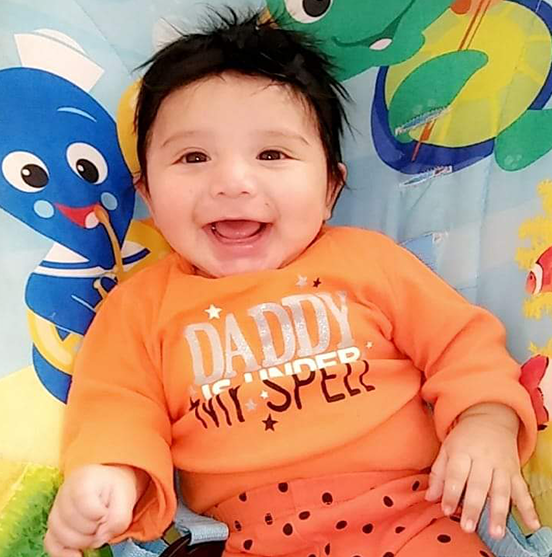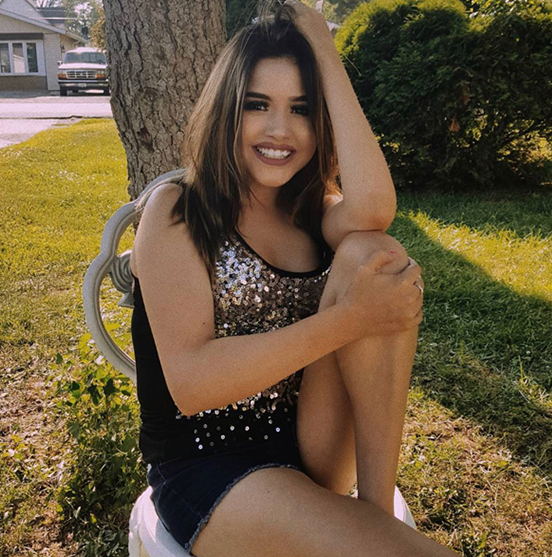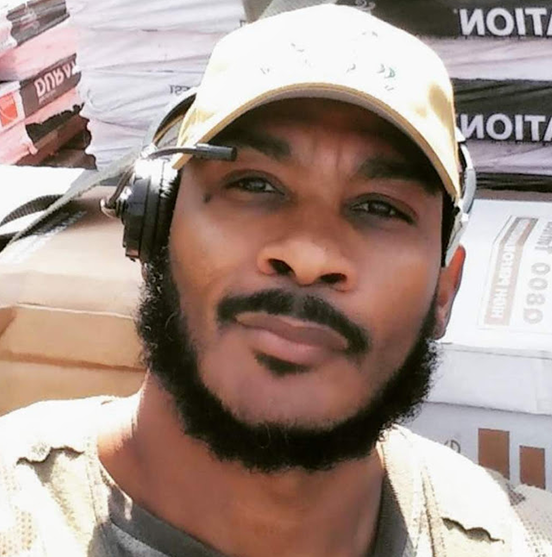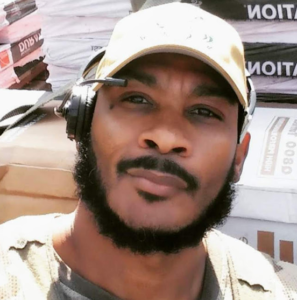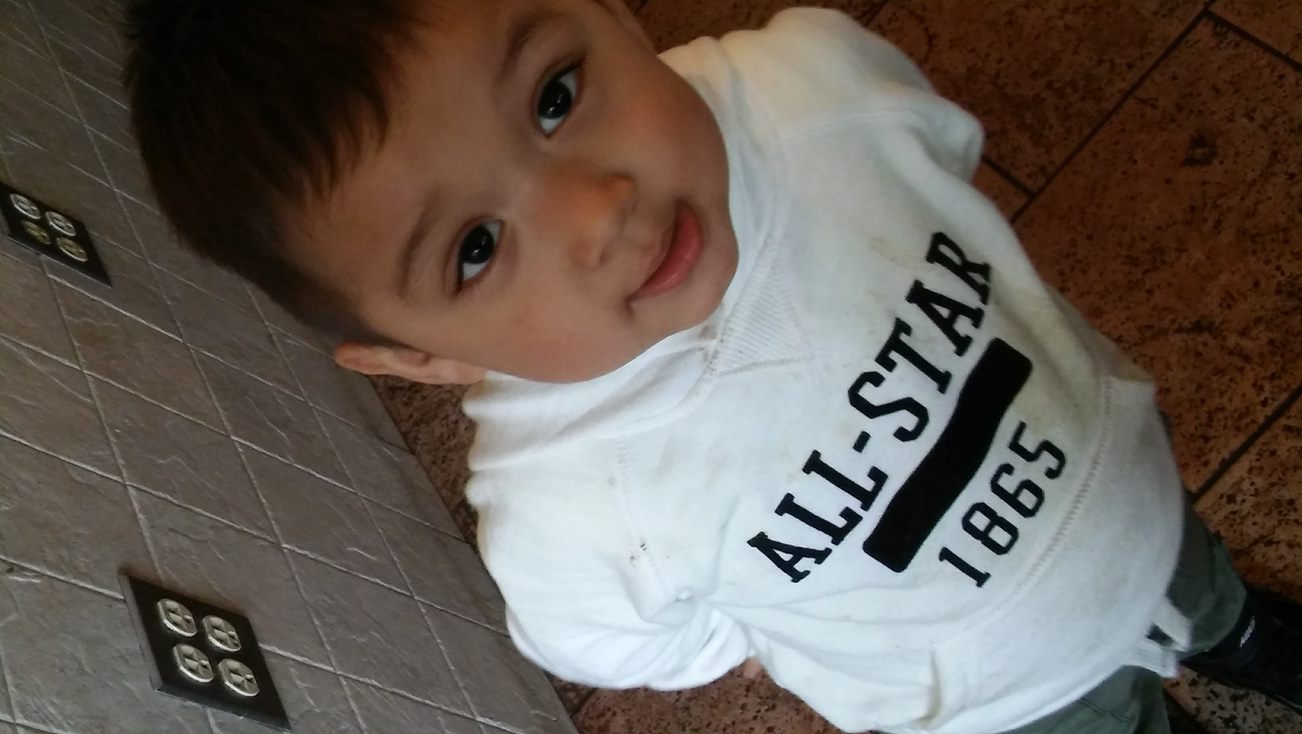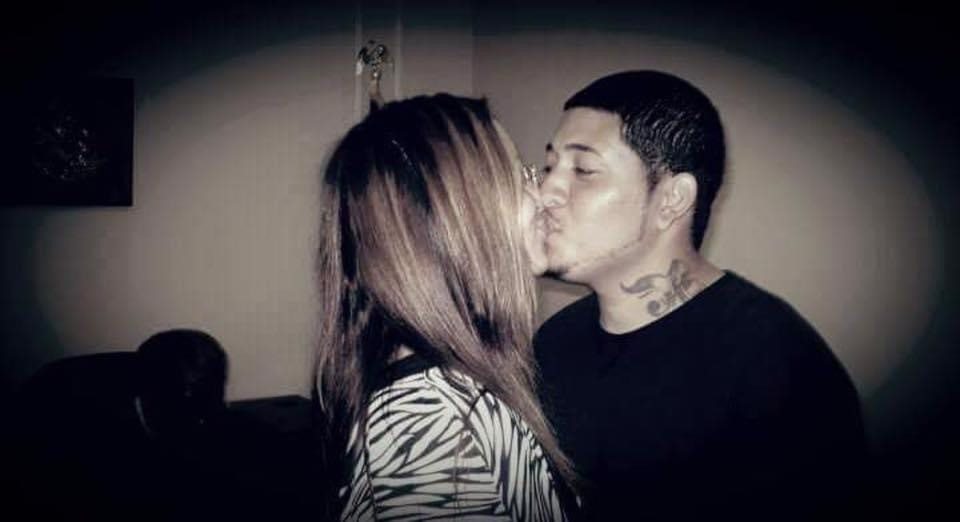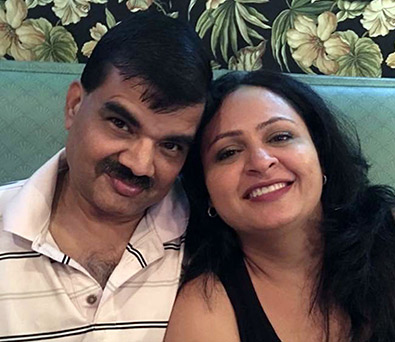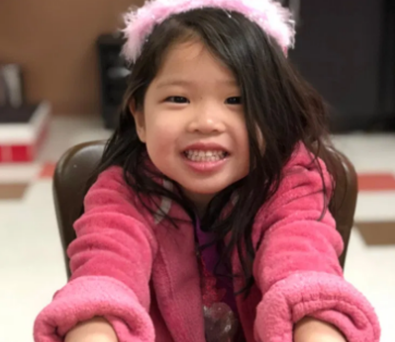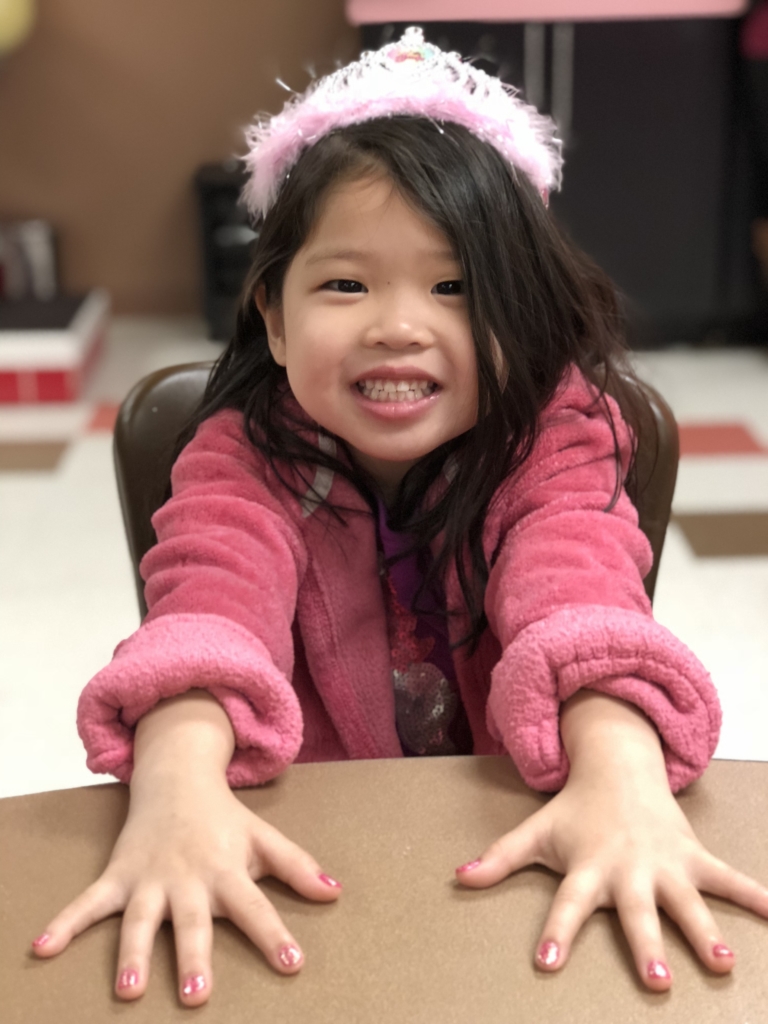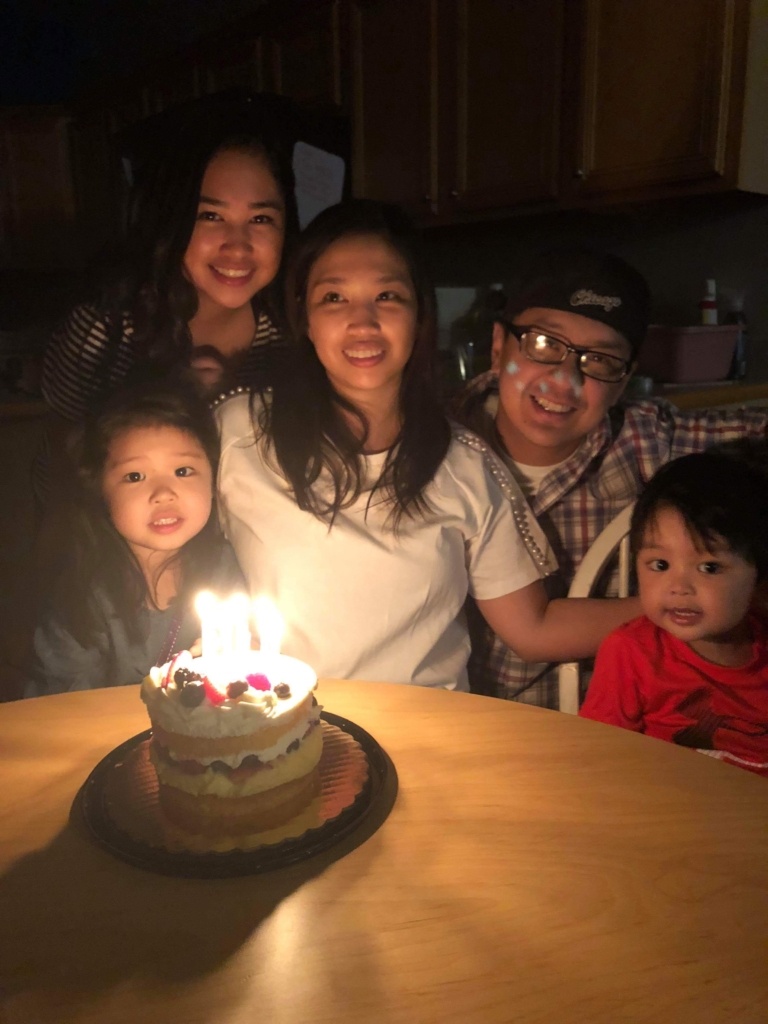Join the Organ and Tissue Donor Registry by Clicking Here or Texting COMMIT to 51555.
Joven mamá dona sus órganos después de una larga enfermedad
“Siempre quería ayudar a la gente”

Habiendo sufrido toda su vida de una rara enfermedad que condujo a un deterioro progresivo de su salud y su calidad de vida, Brenda Castro finalmente estuvo lista para irse. Tenía 22 años de edad.
“Era la persona más dulce, la más compasiva, y todo el mundo la quería” nos dijo Gloria, la mama de Brenda, desde Aurora, Ill. “Ella fue la persona más fuerte de mi vida”.
Brenda dejó a una hija de 5 años, Zulema, a un prometido, Andre, y a una familia incondicional. Brenda se había inscrito para ser donante de órganos, “lo que encarnaba la clase de persona que ella era”, dijo Gloria.
Gloria dice que después de que Brenda falleció, “Gift of Hope dijo: ‘Ustedes pueden respetar sus deseos. Ella puede ayudar a otras personas’. Yo dije que sí. Ella siempre quería ayudar a la gente. Si yo le compraba una hamburguesa, ella me pedía que le comprara dos para poder darle una a algún desamparado que vio”.
Dejar que Brenda se fuera fue un proceso, y también entender su deseo de ser donante de órganos, pero Gloria logró aceptarlo. Habiendo visto por sí misma que de una tragedia puede venir algo bueno, después de que Brenda murió Gloria se inscribió para ser donante de órganos y lo mismo hicieron todos sus hijos. “Están muy orgullosos de Brenda, y quieren honrar su memoria”, dijo.



Aprender a dejarlos ir
Poco después de su nacimiento, Brenda desarrolló sarpullidos continuos y fiebre altas, y al cabo de seis meses le diagnosticaron una rara enfermedad inmunológica llamada histiocitosis. Con el paso de los años, su tratamiento incluyó quimioterapia e infusiones intravenosas de inmunoglobulina (IVIG por sus siglas en inglés). Para el momento cuando tuvo 20 años de edad, Brenda necesitaba oxígeno permanente y los doctores dijeron que no sobreviviría sin un trasplante de riñón.
Después de cuatro intentos, durante los cuales se encontraron pulmones disponibles, pero resultaron no ser compatibles, Brenda recibió un trasplante de pulmón el 7 de abril del 2019. De inmediato se sintió mejor y estaba encantada de tener una segunda oportunidad en la vida, “un regalo de una persona que nunca conocimos”, dijo Gloria.
Sin embargo, después de tres meses Brenda volvió a tener problemas para respirar y le dijo a su madre que ya no podía seguir adelante. Gloria recuerda que su hija dijo: “Yo conozco mi cuerpo y no está respondiendo. Estoy cansada de las agujas y las máquinas y de estar en el hospital. No tengo una vida y no puedo estar con mi hija”.
Brenda siguió en deterioro, pero Gloria luchó contra los deseos de irse que sentía su hija. Sabía que la extrañaría y quería darle todas las oportunidades posibles. Sin embargo, para diciembre un respirador mantenía viva a Brenda y los médicos advirtieron a Gloria que si lo retiraban ella moriría. Gloria le preguntó a Brenda qué quería. “Ella apretó mi mano”, dijo Gloria. “Ella había terminado, ya no más”.
Gloria y su esposo José acordaron quitarle a Brenda el ventilador el 26 de diciembre del 2019. “Fue el día más difícil de mi vida”, dijo. “Le toqué las mejillas y le di un beso. Le dije, puedes irte, todo va a estar bien”.
Sus riñones y su hígado salvaron tres vidas. “Ojalá supiera a quién ayudó Brenda. Me encantaría hablar con ellos”, dijo Gloria.
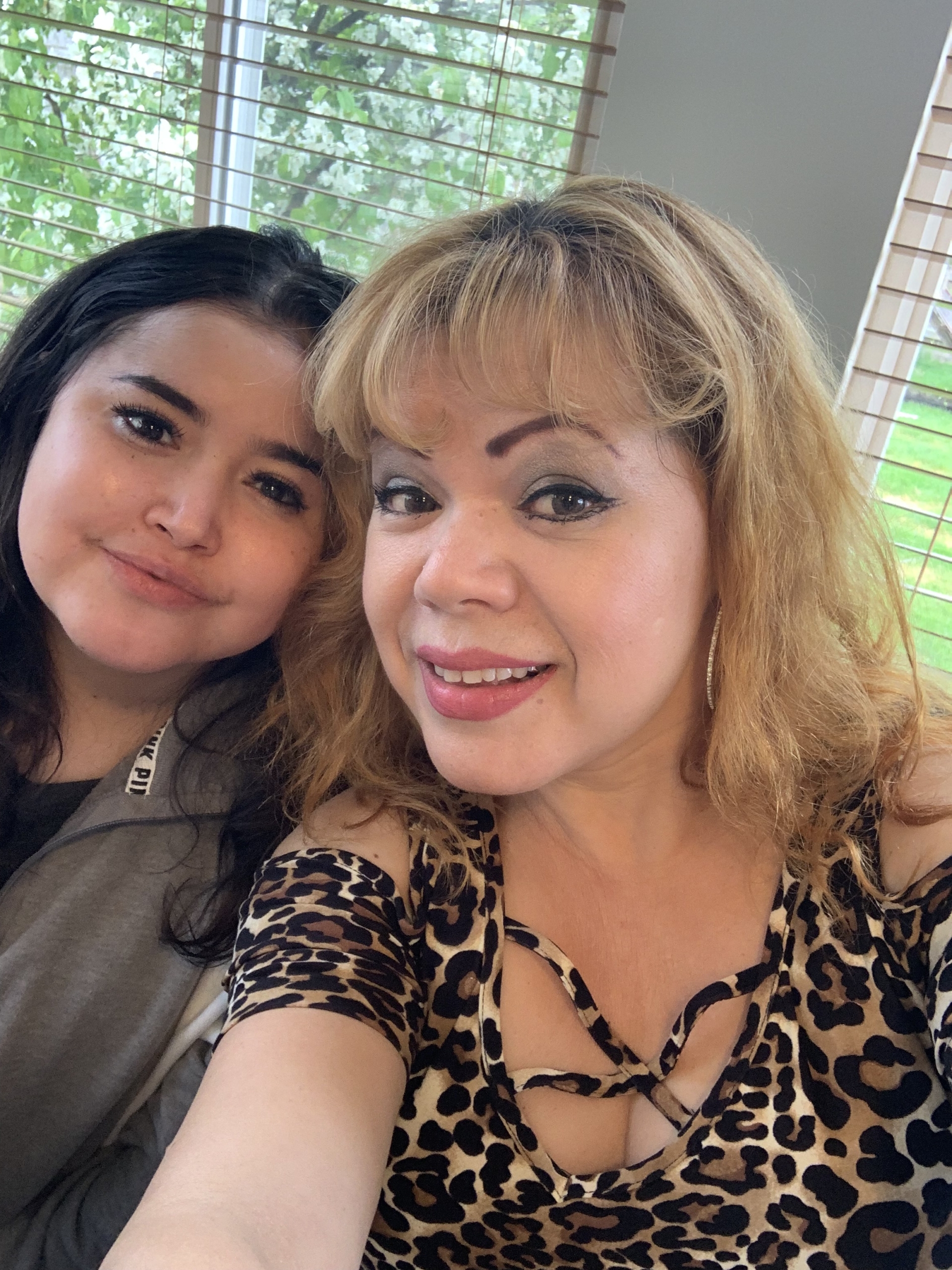


Dar el regalo de la esperanza… y vida
Después de la muerte de Brenda, Gloria la echó muchísimo de menos, se enojó con Dios y cuestionó su propia decisión. Entonces soñó con Brenda. “Ella dijo: ‘Estoy bien, por favor, por favor, cuida a mi hija’. Me desperté muy feliz y mi corazón estaba en paz”.
Gloria dijo que su experiencia la motivó a ser voluntaria de Gift of Hope, para ayudar a otras personas que estén pasando por lo que ella pasó. Quiere ayudarlos a comprender que su ser querido puede ser un donante y darles el regalo de la esperanza de una vida mejor.
“La vida es igual que una flor, que disfruta del sol, pero un día muere”, dijo Gloria. “Y está bien. Tenemos algo que hacer en esta vida y cuando lo hagamos, tenemos que irnos”.
Join the Organ and Tissue Donor Registry by Clicking Here or Texting COMMIT to 51555.

